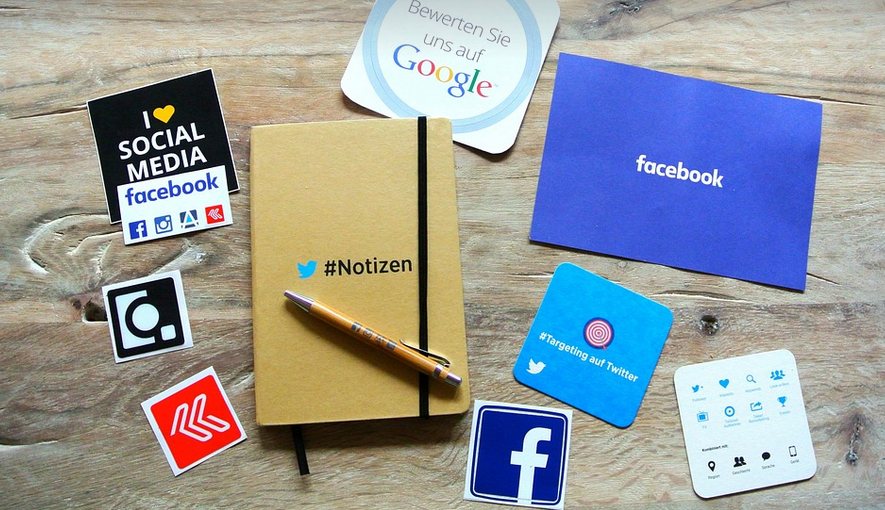Green Dreams on a Shoestring: Building Your Recycling Empire
So, you’ve got a passion for sustainability and a knack for turning trash into treasure. The good news is that even without a mountain of cash at your disposal, starting a recycling business in 2024 can be a reality. It might require some elbow grease, but the rewards – both for the planet and your wallet – are oh-so-satisfying.
First things first: you’ve got an inherent advantage. A lot of successful businesses start with passion as their engine, not just money. You’ll be able to navigate challenges and find creative solutions when fueled by this drive.
Here’s a roadmap to your recycling dreams:
Step 1: The Recycling Roadmap – Defining Your Niche
Before you even think about sorting through containers, take some time to define what makes your business unique. What kind of materials do you want to focus on?
Here are a few ideas to get those creative juices flowing:
- **Specialized Recyclers:** Focus on specific types of recyclables like plastics, paper, or electronics. This allows you to become an expert in a niche market.
- **Community-Based Recycling:** Partner with local businesses and communities to collect recycling from their doorstep. This builds trust and fosters sustainability within your own area.
Remember: It’s vital to start small and scale up as you go. A focused approach will help you avoid getting overwhelmed and allow you to build a solid foundation for the long term.
Step 2: Your Recycling Garage – Building Your Infrastructure
You need a place to call your own, but don’t worry about an extravagant warehouse just yet. You’ve got options:
- **Start Small:** If you live in a city with high rent costs, consider renting a small space for sorting and processing materials.
- **Garage Power:** Your garage is a goldmine! Get creative with organization, storage, and even a system for moving containers. You’ll be surprised at how much can fit into a well-organized room.
Remember: Flexibility is key when starting out. Adapt and adjust your infrastructure as you learn what works best for your business.
Step 3: The Recycling Toolkit – Sourcing Your Supplies
You may not have much money to spend, but you do have resources at your disposal:
- **Barter and Trade:** Ask local businesses if they can trade supplies or services, like a truck driver in exchange for the right to use their space.
- **Secondhand Supplies:** Check out thrift stores, online marketplaces, and even garage sales for gently used equipment. You’ll be amazed at what you can find!
And don’t forget about community initiatives! Local recycling centers are often willing to share resources or provide advice on certain aspects of the process.
Step 4: Building a Network – The Power of Collaboration
You’re not in this alone, and your network is one of your greatest assets. Leverage partnerships:
- **Local Businesses:** Partner with local stores to offer recycling services as an added value – think about cafes, restaurants, or even offices.
- **Community Groups:** Reach out to organizations that focus on sustainability and environment-friendly initiatives.
Building strong relationships will create a more sustainable future for your business and your community.
Step 5: Marketing Your Business – The Power of Word-of-Mouth
It’s time to get those recycling wheels turning!
- **Word-Of-Mouth Magic:** Tell your friends, family, and neighbors about your new venture. This will create a ripple effect that encourages others to become sustainable.
- **Social Media Savvy:** Create engaging content on platforms like Instagram or Facebook to showcase the work you do and highlight your unique selling points.
Don’t forget to offer incentives, whether it’s discounts for loyal customers or rewards programs for eco-friendly choices.
Step 6: Evolving Your Business – Sustainability is a Journey
Your journey to sustainable success doesn’t end after launching your business. It’s about continuous improvement:
- **Feedback:** Encourage customers to share their thoughts and suggestions for improvement.
- **Innovation:** Experiment with new technologies, creative upcycling solutions, and community-driven projects.
Sustainable business is a dynamic process that requires flexibility and adaptability. Embrace it, and you’ll be on the path to success!


